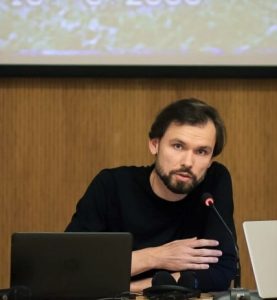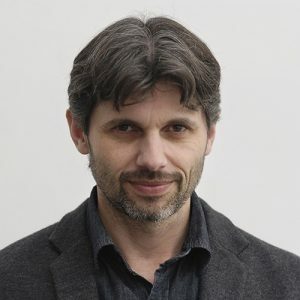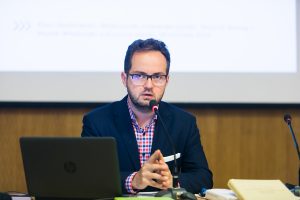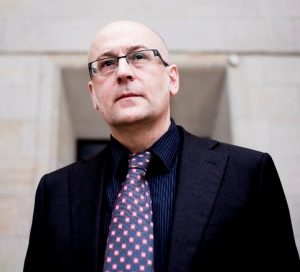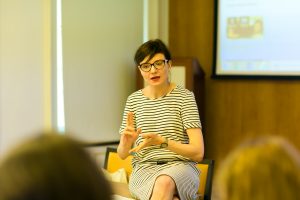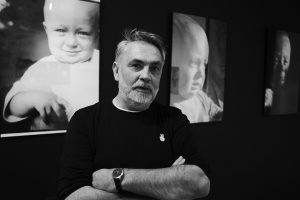Urban Scraps: Space, Media and Visuality
This course was born as an attempt to reflect on certain urban phenomena in the 20th century from a transnational perspective. The city of Lviv entered the 20th century as an Austrian imperial place, a center of Polish, Jewish, and Ukrainian communities that co-existed, conflicted, and mutually enriched each other. Over the century, the city has gone through a complicated transformation, from a stronghold of Polish political and cultural values to a fortress of Ukrainian national traditions and aspirations. Over this time, the city has lost its Jewish and Polish citizens and was Sovietized; it has transformed in terms of spaces and cultures. Can we compare, and hold within one narrative, different periods and different ethnic or cultural traditions of the same city? How do we tell the “shared history” about the pre-war and inter-war period in Lviv (1920/the 30s) and late Socialism (1980/90s)? We are convinced that these periods of time combine different aspects of a transit culture and different forms of multiculturalism, both Austrian imperial and Soviet Socialist.
The series of lectures focuses on Lviv and East and Central Europe from different perspectives, based on two periods in the 20th century, when Lviv and the region, in general, hosted the construction of modernist (such as Avant-Garde) and post-modernist art practices. We will focus on the urban visual range that at different times has inspired Avant-Garde or underground artists to create hybrid cultural phenomena. That is why the project title includes such elements as “urban fragments,” “space,” “city,” “media,” and “visuality.” The study course will include video lectures by Polish and Ukrainian specialists, each responsible for a separate unit. Every story will discover a certain aspect of urban visuality, and video narratives can be supplemented with other sources such as visual materials and reading texts. The lectures will explore the concept of urban scraps and fragments as depicted in the works of modernist painters. They will discuss how media can serve as transitional elements and how various art forms can challenge established ideological frameworks. The sessions will delve into the development of Lviv’s Avant-Garde movement, the emergence of streets as sources of inspiration for Lviv Modernism artists, and the enduring significance of street art as a mode of political self-expression.


